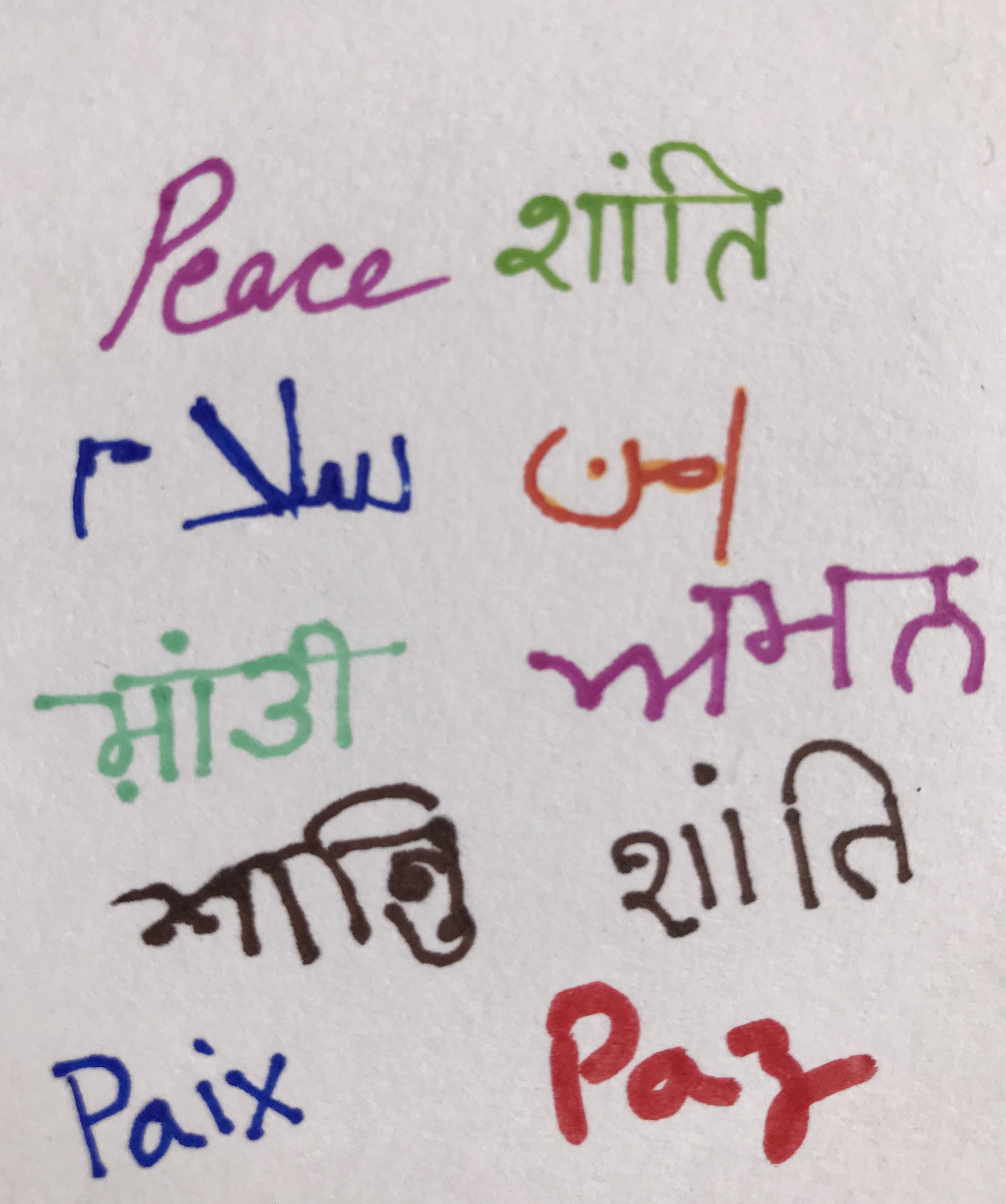Neighbours - A Story Of Hope
Shirin's parents at the wedding of her childhood friend.
There is cold like the cold that weather brings to a place. Delhi is cold in winter. But then there is another manner of cold. One year, the city got unbearably cold. It was the winter of 1984. It was the coldness of death which made the city frigid. The cold murder of thousands of Sikh inhabitants of Delhi.
Sikhs were lynched, their homes and businesses looted by mobs which the police did not even try to stop. The government and the administration encouraged this violence by way of inaction and statements condoning the pogrom. Human rights agencies said that the police had even assisted the killers.
In the aftermath of the violence, many Sikh-owned properties were appropriated by non-Sikhs offering pathetically low prices due to the desperation of the owners. In some cases, the properties were simply taken over by non-Sikhs with the actual owners having been driven out by force or gone into hiding to save their lives.
We were alerted that a Sikh family’s house next door was under threat of appropriation. The family did not live there and had rented it out. So it was even easier to appropriate it either by the tenants or by someone else in collusion with them. The news was unintentionally disclosed to my parents in the neighborhood market late one night by someone they knew.
So, my father got on his two-wheeler to go and inform the owners. This was way before cell-phones existed. Even landlines were not available in all houses. We did not have one. We would have had to use a neighbour’s phone to inform the Sikh family but it was late in the night. So my dad decided to go talk personally to the Sikh owner. Plus, it was still unsafe for a turbned Sikh man to come to his own property in the night on his own even if had managed to call him.
So my father set off and came back with the rightful owner of the property, a charpoy (four-legged portable bed) and a lock. The extra storage room of the property was opened, the keys to which were with the owner. We made sure he was seen by people to be occupying his property in the morning, bringing in his bed and being surrounded by my parents, myself and by a couple of other neigbours who had been told by my mother what was going on and had agreed to help.
This scene put the potential usurpers at bay. This action was a warning to them to stop attempting anything sinister. It was decided that from now on, the Sikh family would be coming to visit their house more often and even stay there for a few days occasionally. A new lock was put on the storage room in case the old one had been tempered with or a copy of the key had been made. We all decided to take turns watching the storage room while the family was away.
In some time, the Sikh family actually came to live in their house. They did not renew the lease with the tenants. So, now we had the Sikh family as our neighbours. The elderly gentleman who was the owner, became “daarji” (grandfather) to me and his wife “chaiji” (grandmother). I grew up calling them that and for their grandson, I was didi (elder sister). We played together, shared many a meals and when I returned from school each day while my parents were at work, I knew who had my house keys safely with them.





